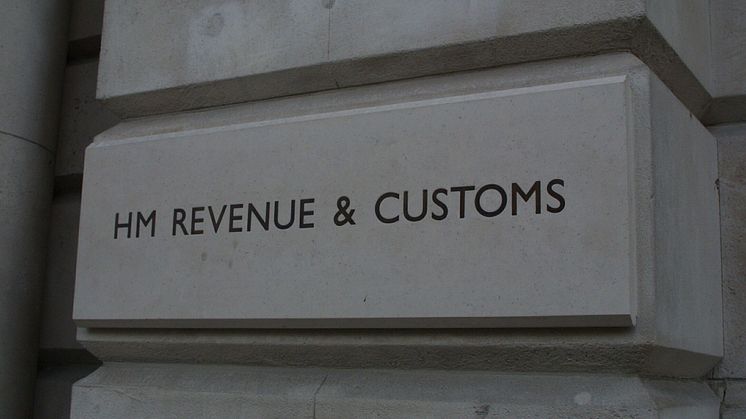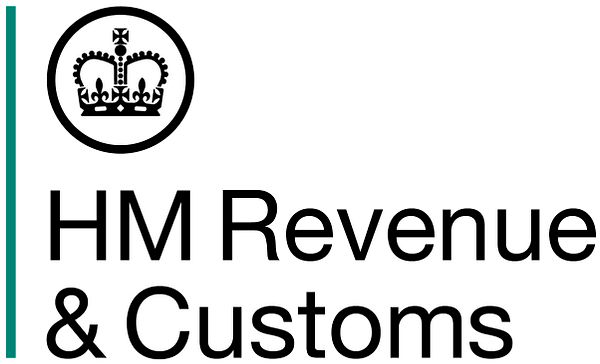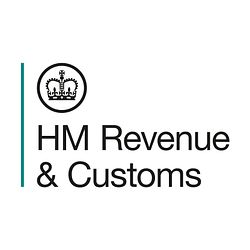
Press release -
HMRC wins millions from P&O in rate-booster tax avoidance case
HMRC has won a major tax avoidance case against P&O Steam Navigation Company Ltd, after the Upper Tribunal confirmed that the company’s ‘rate-booster’ scheme did not work. Double taxation relief of £14 million has been protected in this instance, with a further £140 million likely from around 20 similar cases.
P&O tried to avoid paying tax on foreign dividends by creating an artificial structure involving a chain of dividends.
Jim Harra, HMRC Director General, Business Tax, said:
“I am delighted the Upper Tribunal has confirmed HMRC’s view that rate-booster tax avoidance schemes do not work.
“This sends a clear message to businesses and scheme promoters that HMRC will continue to challenge any attempt by them to exploit the tax rules for their own ends. HMRC consistently tackles corporate tax avoidance, and has brought in over £31 billion in additional tax from large business since 2010.”
This is the latest in a series of tax tribunal wins for HMRC, with tribunals finding in HMRC’s favour in around 80 per cent of avoidance cases that taxpayers choose to litigate.
Notes for editors
1. The company has been denied double taxation relief of £14 million.
2. The Upper Tribunal decision is available at http://www.tribunals.gov.uk/financeandtax/Documents/decisions/Peninsular-Oriental-Steam-Navigation-Co-v-The-Commissioners-for-HMRC.pdf
3. This win follows on from HMRC’s recent win in a similar case against Next Brand - Clothing giant Next loses tax avoidance case.
4. The avoidance scheme used by P&O Steam Navigation Company Ltd, known as a ‘rate-booster’, artificially generated double tax relief (DTR) to avoid tax on what would otherwise be taxable dividends paid out of low-taxed foreign income. When a UK company receives a dividend from overseas, it pays Corporation Tax but gets a credit for tax paid on the profits, out of which the dividend is paid. The tax rules governing credit for tax on overseas income are designed to prevent double taxation. However, some companies exploited them through an artificial structure involving a chain of dividends. DTR was claimed for tax on profits, even though in reality only a tiny amount of those taxed profits flowed up the chain to the UK to be double-taxed as part of a dividend.
Rate-booster schemes can be divided into two main types: either ‘real tax’ rate-boosters such as Next Brand, or ‘deemed tax’ rate-boosters such as P&O, and different arguments have been required to tackle each type. The two types of case are distinguished by whether tax was actually paid on the profits at the bottom of the dividend chain, or simply deemed to have been paid under rules intended to prevent double taxation in certain situations where dividends were paid out of UK profits. These rules were widely abused and were repealed in 2005.
5. The Upper Tribunal said that the “scheme did not work” and agreed with HMRC that the legislation did not apply in the way that P&O contended, for two main reasons:
- as no tax had been paid on the profits underlying the dividend, the rules giving DTR for so-called deemed tax were not engaged and so no relief is due.
- that a condition that the dividend received by P&O should ‘represent’ another particular dividend lower in the divided chain was not met. No DTR for the deemed tax is therefore due.
6. A wide range of measures have been brought in during the past two years, including monitoring of high risk promoters and expanding and strengthening the highly effective Disclosure of Tax Avoidance Schemes (DOTAS) regime. Failure to disclose avoidance schemes to HMRC can result in fines of up to £1 million.
7. More information on what HMRC is doing to tackle tax avoidance is available at https://www.gov.uk/government/policies/reducing-tax-evasion-and-avoidance
8. Follow HMRC Press Office on Twitter @HMRCpressoffice
9. HMRC's Flickr channel: http://www.flickr.com/hmrc.gov.uk
Related links
Topics
Categories
Issued by HM Revenue & Customs Press Office
HM Revenue & Customs (HMRC) is the UK’s tax authority.
HMRC is responsible for making sure that the money is available to fund the UK’s public services and for helping families and individuals with targeted financial support.

